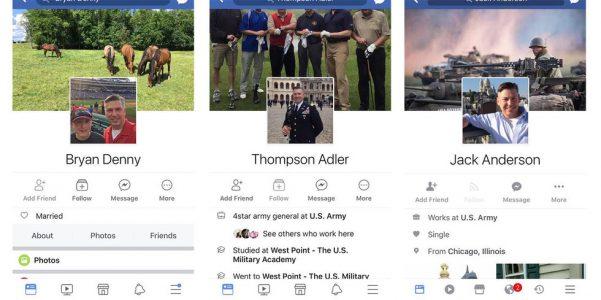
Facing arrest back home, Russian national who fought for ISIS terrorist group scams way into Ukraine
When Islamic State fighter Marat Nurmagomedov escaped from Syria to Turkey after becoming disillusioned with the militant group, he was unable to return home to Russia for fear of arrest.
Instead, he managed to obtain a passport under another name and flew from Istanbul to Ukraine, whose ability to identify him as a terrorism suspect was hindered by a lack of intelligence sharing between Moscow and Kiev.
The 33-year-old Muslim slipped easily through passport control, aided by the fact that Ukrainian border guards do not use an electronic database that shows the faces of terrorism suspects wanted by Moscow.
If Kiev used the database, it would have been much more likely to establish Nurmagomedov’s true identity and stop him entering the country, said a Russian security official involved in counter-terrorism operations.
Moscow reduced intelligence sharing with Kiev, and the Ukrainian Security Service halted it altogether, after Russia annexed Crimea and backed separatists in eastern Ukraine in 2014, officials in both countries said. Reuters was unable to ascertain whether Kiev used the database before 2014.
Reuters was unable to verify Nurmagomedov’s comments independently but spoke to several people who know him including his father, a family friend and a friend in Ukraine who is also from Nurmagomedov’s home region of Dagestan. They confirmed the man interviewed was Nurmagomedov.
Nurmagomedov, who says he spent about two years in Syria, believes Ukrainian authorities are still unaware of his identity.
“It is quiet here. If you’re not involved in anything, no one is interested in you,” he told Reuters at his new home in Ukraine, on condition that the location not be disclosed.
He could face up to 15 years in jail if he returns to Russia, which strictly enforces a law punishing Russians who take part in conflicts abroad that are against Russian national interests.
Renouncing violent Islamism and denying he is a security threat, he said: “I don’t have it in mind to blow up someone in the metro. … My goal is to study Islam and to get back to a quiet life.”
Nurmagomedov said he arrived in Syria in the summer of 2013. When he lost faith in IS, he was detained for four months but freed after pledging loyalty to the group.
He said he eventually paid a family of Syrian refugees to hide him under their belongings in a van and drive him out of IS-held territory in Syria in mid-2015.
He later went by foot to Turkey, and said he spent several months in Istanbul before being detained and told he would be deported to the country of his choice.
“I wanted to go to Ukraine,” he said.
Thousands of citizens of former Soviet republics have fought for IS in Iraq and Syria, Russian security officials say. One said “quite a lot” of Russian former jihadis were now in Ukraine but gave no figures.
Ukraine’s Security Service said it barred entry to anyone known to be a foreign fighter who tried to enter the country, but nine foreigners had been convicted of IS-related offences since 2015.
The Ukrainian Migration Service said it knows of no Russian Islamists living in Ukraine. Russia’s Federal Security Service did not respond to questions.
Russian citizens have the right to go to Ukraine visa-free and can stay for continuously three months in an 180-day period.
Since Nurmagomedov’s arrival in Ukraine, his older brother, a Moscow businessman, has been arrested in Russia and charged with financing terrorism. His father, Kazim, said the payments were part of the family’s efforts to help Nurmagomedov.
Russians can apply for a Ukrainian passport after living in Ukraine for five years. The process can be accelerated if they have a close relative in Ukraine or have lived there before. Neither case applies to Nurmagomedov.
Ukraine borders the European Union and, under an agreement in force since June 11, Ukrainians with biometric passports can gain visa-free access to most countries in the bloc.
Asked about the situation, an EU spokeswoman said Ukraine met “all of the necessary requirements” set out under its visa liberalization plan.
EU officials said privately they believed anyone who has been included in Turkish or Russian databases could be flagged up biometrically at the EU border and that they were confident Ukrainian authorities would continue strict checks on biometric passports to ensure they complied with the visa-free agreement.
“The EU is strengthening its policies on returning foreign fighters by working more closely with countries of origin, transit and destination,” the EU spokeswoman said.
“The EU is also taking very firm measures to strengthen its external borders by, for example, improving information exchange among relevant authorities such as security and law enforcement authorities, including customs and border guards, where relevant…,” she added.
Source: Japan Times





